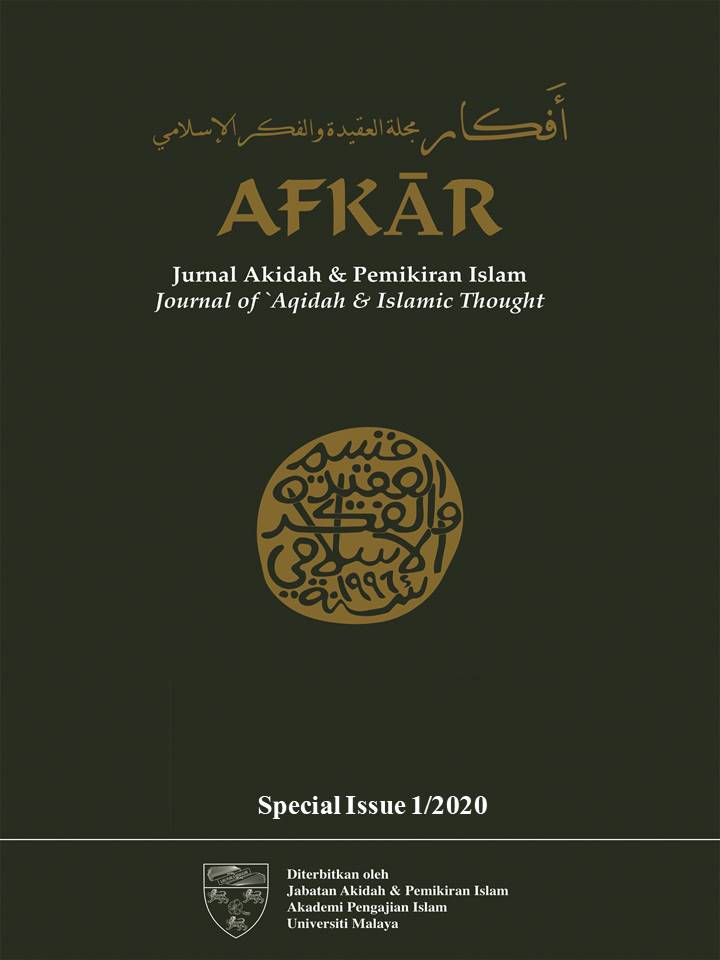The Methodology of Comparative School of Thought on al-Rahn Discussion: A Reference to the Selected Islamic Jurisprudence Classical Books
DOI:
https://doi.org/10.22452/afkar.sp2020no1.3Abstract
This study discusses the methodology used by the fuqaha’ from various schools in studying al-rahn issues. In this methodology, research focuses on the comparisons of ideas and views that are often used in the analysis of diverse and graded data. The comparison between these data should start with the selection of fiqh books that are relevant to the objectives of the study to be done. The selection of books should be justified to reinforce the methodology used throughout the study. This study focuses on six fiqh books that are valid and elaborating the justification for the selection of the six books based on the power of the book’s authority in their respective sects as well as the extent of their methodological suitability in meeting the objectives of the study. This study found that the fuqaha’ presented a critical analysis by considering the views of different jurists of sectarian flow. Preferential views do not necessarily come from the same school, but other views of the school will be referenced as appropriate to their methodology. As a result, the fuqaha’ can analyse the information from different sources apart from the view of their own sect. It can therefore be concluded that the writing of these six selected books contributed greatly in influencing the determination of a fiqh law especially in the al-rahn issue because the legal analysis was still relevant for today’s use.









